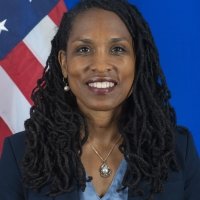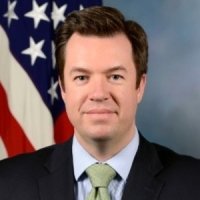Unpacking the 2022 US National Strategy for the Arctic Region
On October 7, the White House released its National Strategy for the Arctic Region. This Strategy replaces and updates the 2013 National Strategy for the Arctic Region released by the Obama Administration. The new Strategy outlines four pillars to organize action: security, climate change and environmental protection, sustainable economic development, and international cooperation and governance. It relies on five principles to guide actions within the four pillars: consult, coordinate, and co-manage with Alaska Native tribes and communities; deepen relationships with allies and partners; plan for long lead-time investments; cultivate cross-sectoral coalitions and innovative ideas; and commit to a whole of government, evidence-based approach.
Please join the Wilson Center’s Polar Institute for the first discussion in a series about the new National Strategy for the Arctic Region (NSAR), featuring representatives from the Arctic Executive Steering Committee, Department of Defense, State Department, and National Security Council. Speakers will share their perspectives on what the NSAR means, what has changed since 2013, and what the future holds for US Arctic policy.
Speakers



Moderator

Hosted By

Polar Institute
Since its inception in 2017, the Polar Institute has become a premier forum for discussion and policy analysis of Arctic and Antarctic issues, and is known in Washington, DC and elsewhere as the Arctic Public Square. The Institute holistically studies the central policy issues facing these regions—with an emphasis on Arctic governance, climate change, economic development, scientific research, security, and Indigenous communities—and communicates trusted analysis to policymakers and other stakeholders. Read more


Environmental Change and Security Program
The Environmental Change and Security Program (ECSP) explores the connections between environmental change, health, and population dynamics and their links to conflict, human insecurity, and foreign policy. Read more
